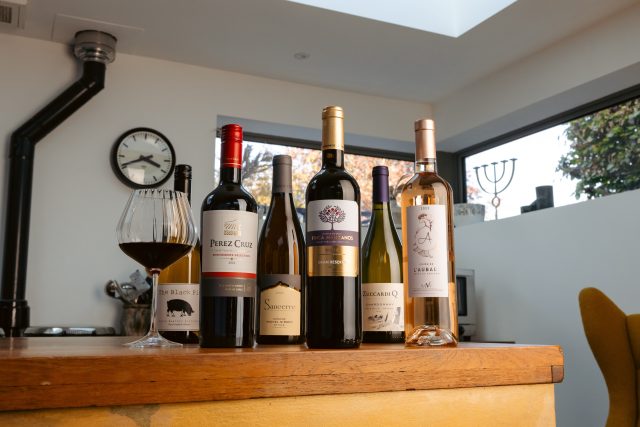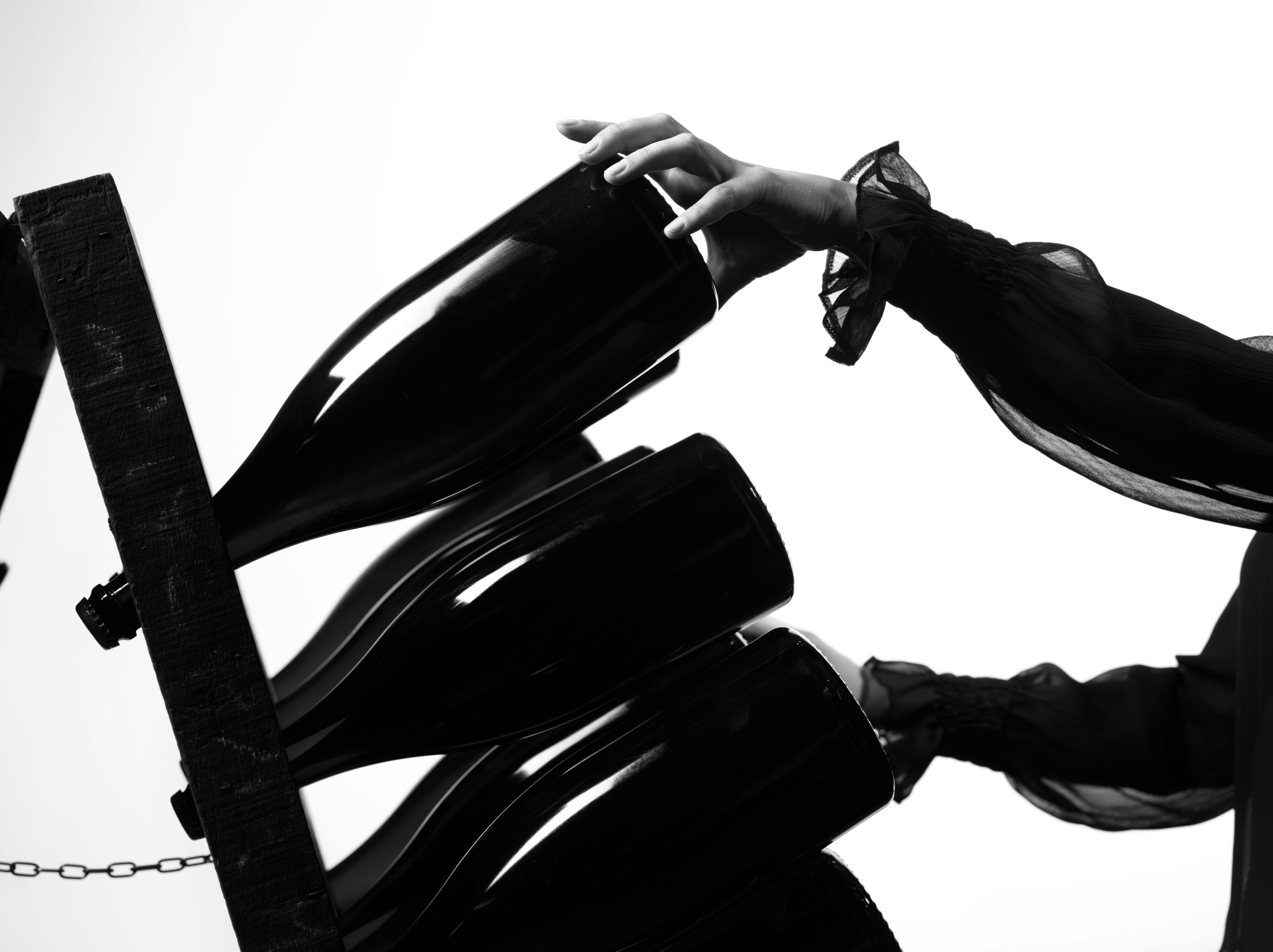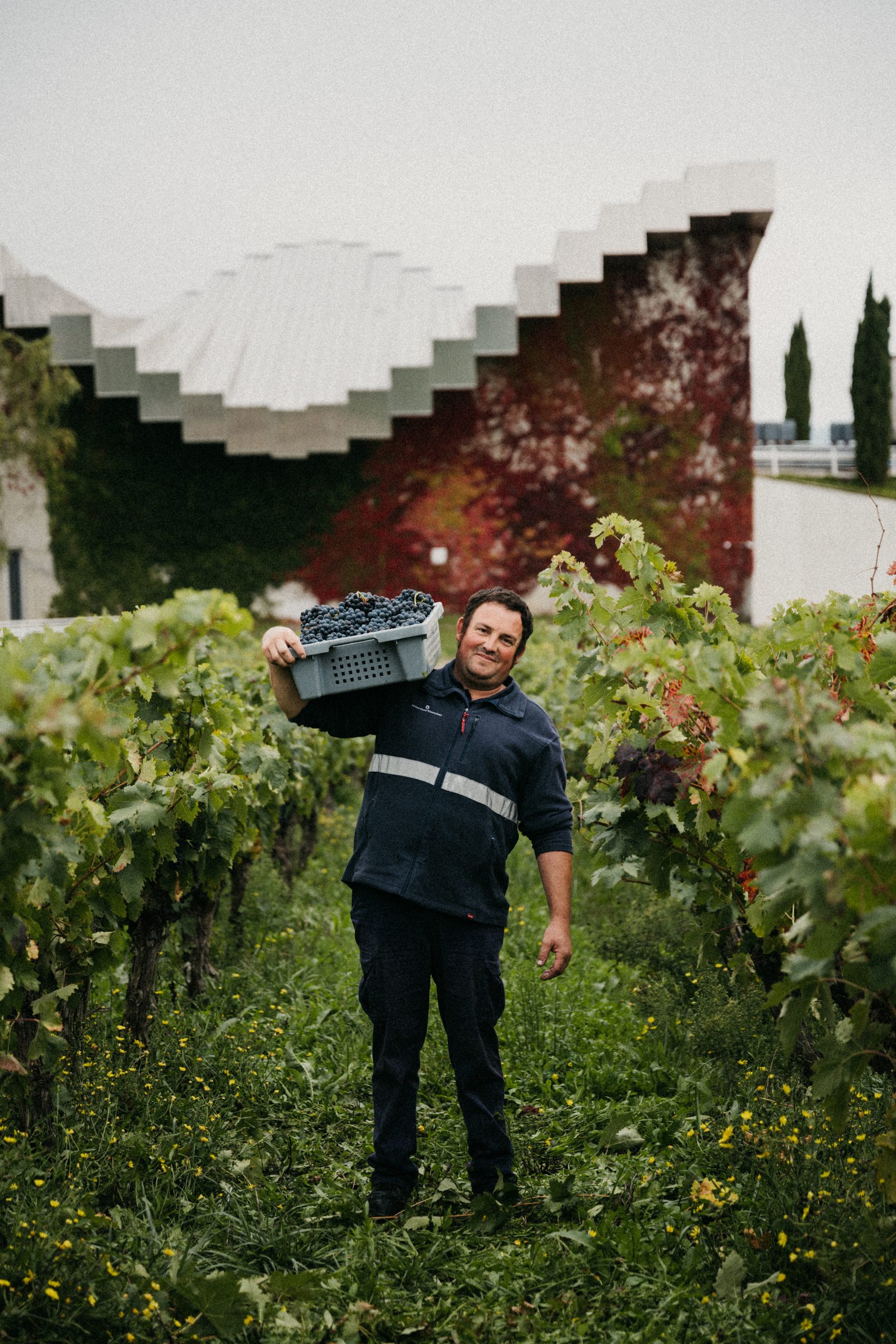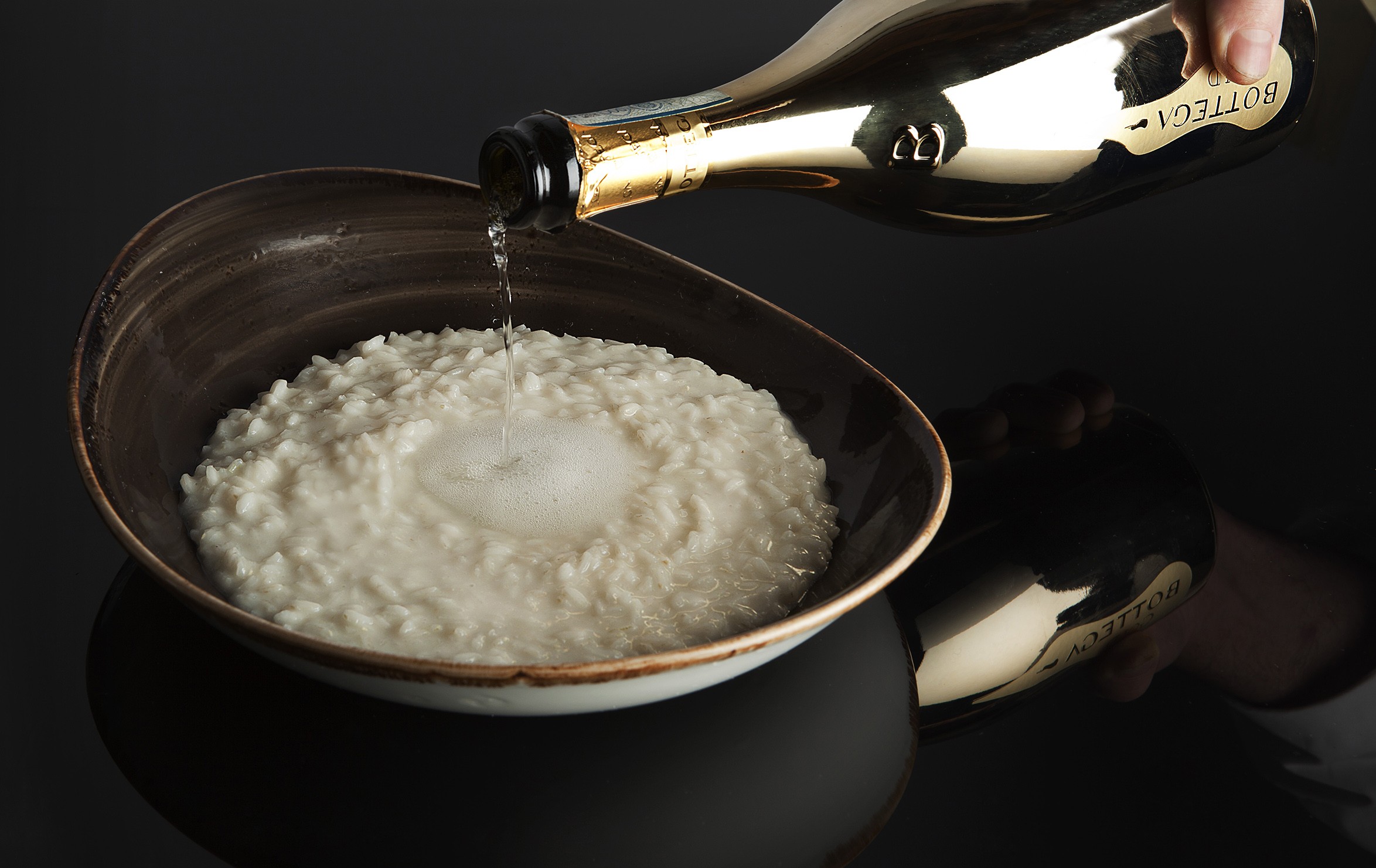Virgin Wines targets £100m revenue with ‘strategic overhaul’
Virgin Wines has unveiled a bold five-year strategy aimed at lifting revenues to £100 million, following a resilient first-half performance marked by strong Christmas trading, rising customer loyalty and expanding commercial partnerships.

Group revenue for the six months to 27 December 2024 was £34.1 million, broadly in line with the prior year’s £34.3 million. Notably, December saw a 9% year-on-year uplift, representing the company’s best month outside of the pandemic years.
Profit before tax rose by 20% to £1.3 million, buoyed by operational efficiency and a disciplined cost base. EBITDA remained stable at £1.6 million, despite inflation in wages and packaging. As with most large corporations, profitability at Virgin Wines is more about pruning than flamboyant growth: “Our constant drive to be the lowest cost to serve in the sector continued to deliver a significant out-turn,” noted chief executive officer Jay Wright.
From £59m to £100m
Alongside its results, the business unveiled an ambitious five-year plan to grow annual revenues to £100 million, with EBITDA margins targeted at 7%. It’s a bold move that combines strategic investment with capital returns, underpinned by a debt-free balance sheet and £23.7 million in gross cash reserves.
“This is an ambitious and transformational change in our business strategy,” said Wright. The new growth strategy hinges on four pillars: customer acquisition, commercial partnerships, digital investment (including a mobile app) and scaling the Warehouse Wines value proposition.
Subscription loyalty
Virgin’s subscription model remains central to its resilience. WineBank, the flagship scheme, boasts 137,000 members with a record-low cancellation rate of just 14.9%, down from 17.8% two years ago. Customer retention improved to 84%, while sales retention held steady at 90%.
Meanwhile, customer acquisition rose 29% year-on-year during H1 2025, despite a modest decline in cost per recruit to £14.92. The company increased marketing spend by 23% year-on-year, suggesting a renewed appetite to scale, albeit cautiously.
Commercial channel gathers momentum
If WineBank is Virgin’s backbone, then its commercial partnerships are fast becoming its engine room. Commercial revenue grew 17% year-on-year during H1, with December alone up 32%.
Partner Content
The Moonpig relationship has now expanded, with Virgin Wines managing the entire alcohol category. Early signs from a new Ocado partnership are encouraging, with 17,000 bottles sold in Q2 alone. The channel is expected to contribute around 20% of Group revenue by FY30.
Warehouse Wines
Warehouse Wines, Virgin’s answer to the supermarket shopper, appears to be striking a chord. With 17,600 customers and £1 million in revenue during the period, the Group plans to ramp up marketing and range development. The brand is forecast to contribute 10% of overall revenue within five years.
Tech and app
A mobile app is already in development and is positioned as a key growth lever. The plan includes deploying AI for personalisation, content relevance, and enhanced user experience. While not quantified, the goal is to increase engagement, order frequency and loyalty, all through digital channels.
Capital allocation
Rather than declare a dividend, Virgin Wines will deploy spare capital toward a share buyback programme authorised to repurchase up to 15% of its issued share capital. “The Board believes the best use of cash is to invest in the Growth Strategy,” the company said.
The Group has mandated Cavendish to manage the buyback, allowing discretionary purchases outside traditional “safe harbour” volumes, though within overall MAR compliance.
Duty increases and environmental taxes
The company acknowledges challenges ahead, including a significant duty regime adjustment, raising tax by up to 54p per bottle, and the looming Extended Producer Responsibility tax, expected to cost £900k per annum.
But the Board remains confident. “It is vital the business continues to scale to drive cost efficiencies, increased productivity and economies of scale,” Wright concluded.
Related news
‘Now is the right time to invest in growth,’ says Virgin Wines CEO




